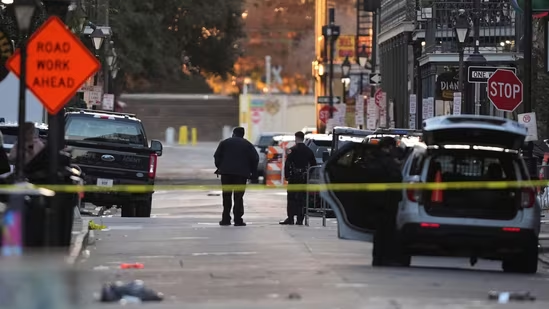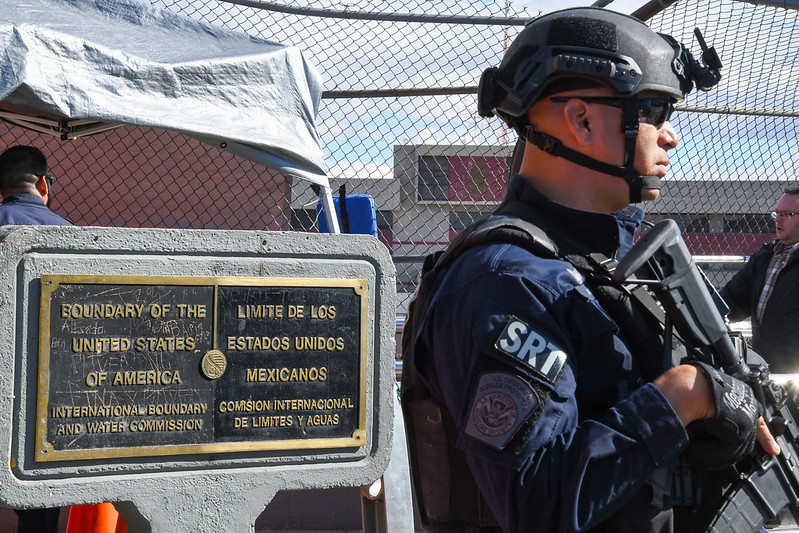Already a subscriber? Make sure to log into your account before viewing this content. You can access your account by hitting the “login” button on the top right corner. Still unable to see the content after signing in? Make sure your card on file is up-to-date.
The FBI and Department of Homeland Security have warned of potential copycat attacks following the ISIS-inspired New Year’s Day vehicle attack in New Orleans.
Some shit you should know before you read: On New Year’s Day, Shamsud-Din Jabbar, a US Army veteran from Texas, carried out an ISIS-inspired terrorist attack on Bourbon Street in New Orleans, killing 14 people and injuring more than 30 others. Jabbar had reportedly been radicalized online and pledged allegiance to ISIS, drawing motivation from the group’s propaganda. Before the attack, he traveled to New Orleans multiple times to scout the area and plan his actions, ultimately renting a truck that he used to plow into a crowd of pedestrians. In addition to the vehicle, Jabbar was armed with firearms, knives, and had placed two improvised explosive devices (IEDs) in the vicinity, which he intended to detonate remotely.

What’s going on now: In a bulletin issued by the FBI and DHS, federal authorities warned of the potential for “copycat or retaliatory attacks” following the New Year’s Day terrorist attack in New Orleans. The bulletin stated, “The FBI and DHS are concerned about possible copycat or retaliatory attacks due to the persistent appeal of vehicle ramming as a tactic for aspiring violent extremist attackers.” The bulletin noted that crowded public venues, law enforcement, and military members are common targets.
The concerns from the FBI and DHS are also shared among members of Congress, who have expressed alarm that terror cells could exploit vulnerabilities at the US border to infiltrate the country and carry out attacks. A key issue fueling these concerns is the growing number of “gotaways,” which refers to individuals who cross the border illegally and evade capture by border enforcement. In recent years, hundreds of thousands of gotaways have been reported, raising fears that some of these individuals could include operatives linked to foreign terrorist organizations.






